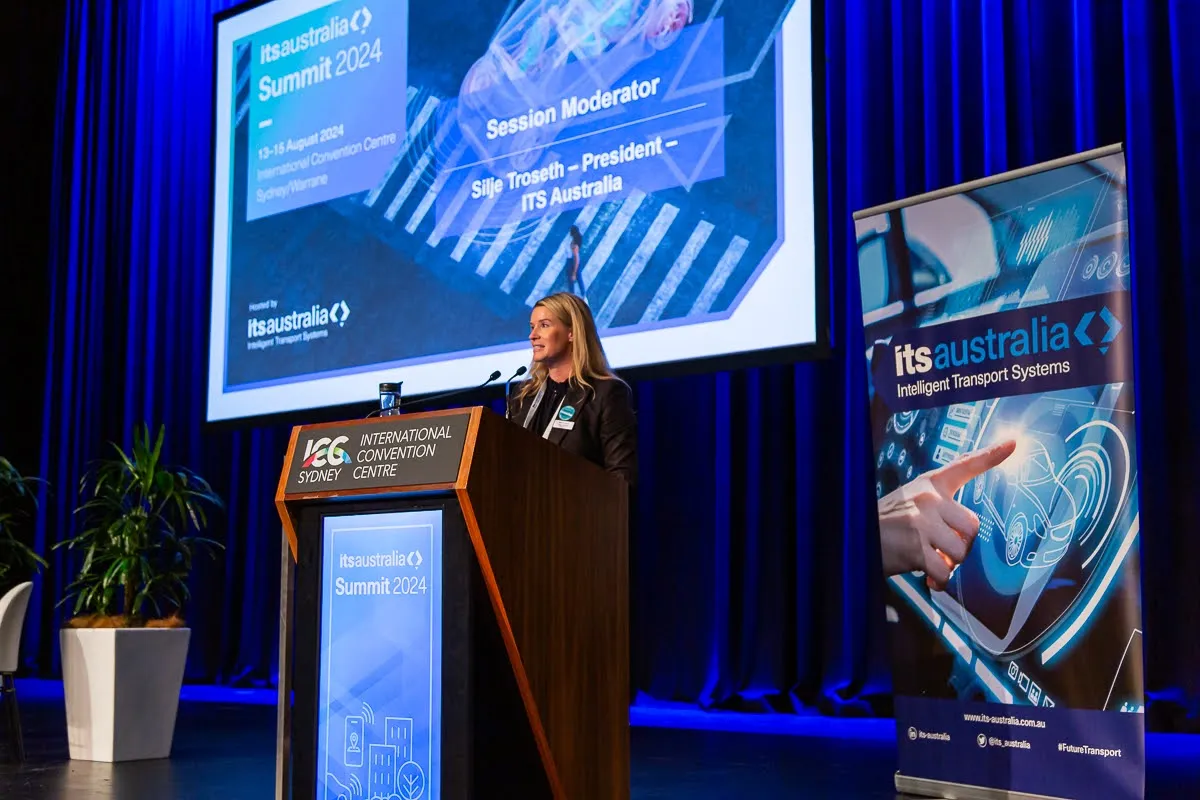On 18 November, key players from across the mobility debate took part in a wide ranging conference on Intelligent Mobility for Smart Cities in Brussels. The conference examined how intelligent mobility technologies will integrate into the everyday life of smart cities through the development of vehicle connectivity, automation and adaptive infrastructure.
Keynote speaker John Baekelmans, CTO of CISCO’s Smart+Connected Communities, highlighted the crucial role that transportation will play in smart citie
November 19, 2014
Read time: 2 mins
On 18 November, key players from across the mobility debate took part in a wide ranging conference on Intelligent Mobility for Smart Cities in Brussels. The conference examined how intelligent mobility technologies will integrate into the everyday life of smart cities through the development of vehicle connectivity, automation and adaptive infrastructure.
Keynote speaker John Baekelmans, CTO of1028 CISCO’s Smart+Connected Communities, highlighted the crucial role that transportation will play in smart cities as it is essential for inhabitants to be mobile in their daily lives. Intelligent mobility options underpin a functional society, facilitating economic growth and social interaction.
Experts from innovation companies, researchers and policymakers shared the latest ideas and examples of intelligent mobility services and technologies deployment. The event was divided into two breakout sessions, ‘mobility for smart-cities’ discussed how we will move around cities tomorrow; and ‘smart vehicles’ discussed what future vehicles will look like, investigating emerging trends such as vehicle connectivity and automation.
The conference concluded with closing remarks from public authorities, including the Mobility Minister of Brussels and the UK’s1837 Department for Transport to discuss the role that policymakers can play in the deployment of intelligent mobility. Both speakers supported strong governmental support to fully realise the best outcomes for mobility.
Keynote speaker John Baekelmans, CTO of
Experts from innovation companies, researchers and policymakers shared the latest ideas and examples of intelligent mobility services and technologies deployment. The event was divided into two breakout sessions, ‘mobility for smart-cities’ discussed how we will move around cities tomorrow; and ‘smart vehicles’ discussed what future vehicles will look like, investigating emerging trends such as vehicle connectivity and automation.
The conference concluded with closing remarks from public authorities, including the Mobility Minister of Brussels and the UK’s








